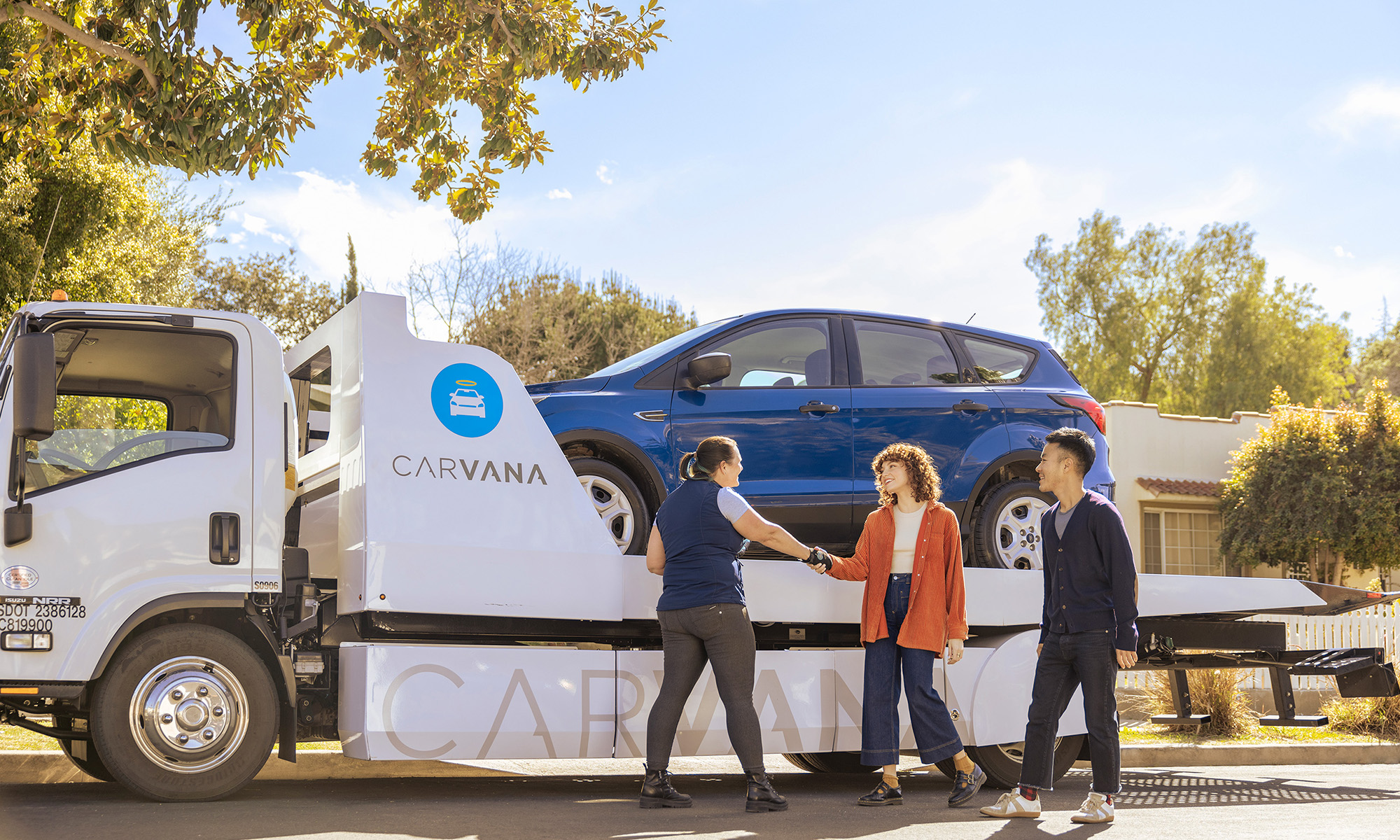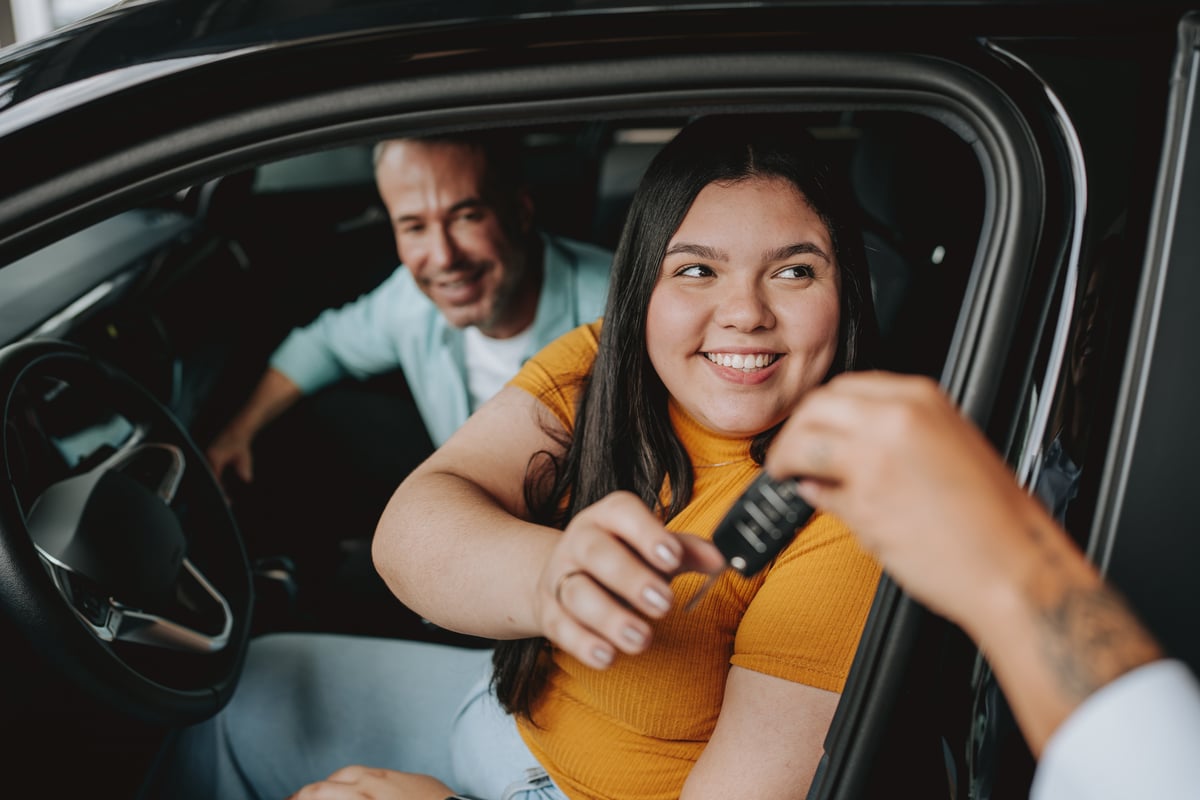What happened
Shares of Carvana (CVNA 4.38%) tanked 33.6% last month, according to data from S&P Global Market Intelligence.
So what
It's clear that the huge move in Carvana's stock price last month was driven by the U.S. coronavirus outbreak. With initial unemployment claims soaring to over 3.3 million during the week ending March 21, and then to 6.6 million during the week ending March 28, there are certainly fewer people who would consider buying a car today than a month or two ago.
What exacerbated the downturn in Carvana's shares was the company's relatively weak balance sheet and high cash burn rate. As of the end of last year, Carvana's balance sheet included $932 million in debt and just $76 million in cash, while the company reported negative-$988 million of free cash flow last year.

Image source: Getty Images.
The company is adjusting to the new environment by pausing new market openings and car vending machine launches, as well as "significantly reducing growth expenditures on new hiring, travel, facilities, and IT investments." The company has also "rebalanced our marketing, staffing, and purchasing levels to align with demand, while closely monitoring key metrics to determine when and how quickly to adjust."
The company has recently doubled its auto loan purchasing agreement with Ally Financial, which should allow the company to sell more of its finance receivables to Ally. That should help the company's cash and liquidity position.
And on March 30, the company announced it was selling 13.3 million new shares to certain existing investors at a price of $45 per share. The transaction resulted in gross proceeds of $600 million, including $25 million each from Ernest Garcia III, the company's founder and CEO, and his father, Ernest Garcia II, the company's controlling shareholder.
Now what
These actions are probably enough to shore up the company's financial position, at least for the forseeable future. It's possible that Carvana could benefit from COVID-19 in the long run because of its entirely online car buying experience and delivery straight to customers' doors. The company is even touting its new "touchless delivery" experience and has even added the language "the safer way to buy or trade a car" to its recent advertising.
For investors who believe in the company's long-term potential, this new lower price could be an opportunity.







